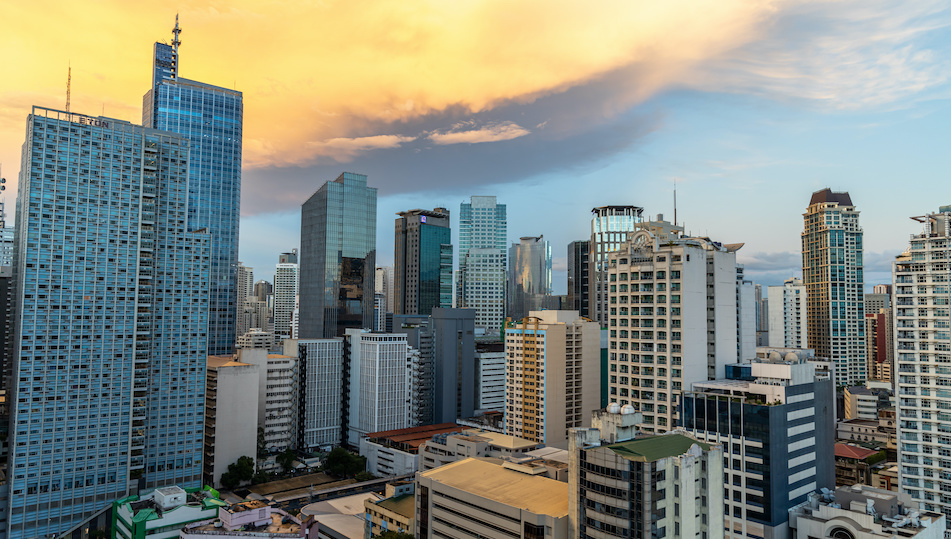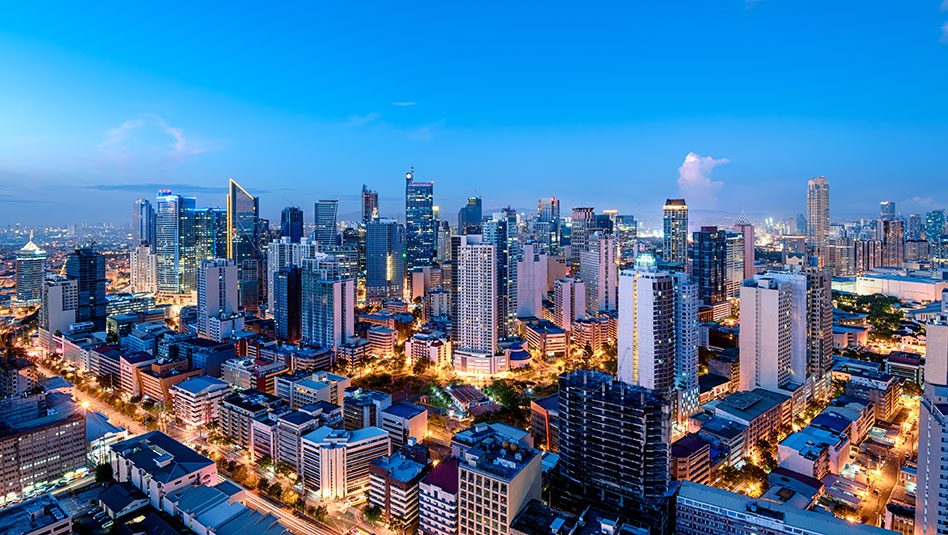




Monthly Recap: BSP to outpace the Fed in rate cuts
 DOWNLOAD
DOWNLOAD

Quarterly Economic Growth Release: 5.4% Q12025
 DOWNLOAD
DOWNLOAD

Policy rate views: Uncertainty stalls cuts
 DOWNLOAD
DOWNLOAD


TOP SEARCHES
Gov’t posts PHP 67.3-B surplus in April

The national government’s (NG) fiscal position swung to a surplus in April as an uptick in tax revenues offset the decline in state spending, the Bureau of the Treasury (BTr) said on Tuesday.
Data from the Treasury posted a PHP 67.3-billion surplus in April, a turnaround from the PHP 375.73-billion deficit in March.
 The surplus was also 57.51% higher than the PHP 42.7-billion surplus seen in April 2024.
The surplus was also 57.51% higher than the PHP 42.7-billion surplus seen in April 2024.
This was the first budget surplus since the PHP 68.36-billion surplus in January.
Revenue collections slid by 2.82% to PHP 522.1 billion in April from PHP 537.2 billion in the same month last year, “due solely to the timing of nontax collections.”
Nontax revenues plunged by 68.08% to PHP 24.1 billion in April from PHP 75.4 billion in the same month in 2024.
“This is because most government-owned and -controlled corporations (GOCCs) have yet to remit dividends, unlike the same period last year,” it said.
BTr revenues dropped by 77.42% to PHP 14.5 billion in April, while other offices saw a 15.64% decline to PHP 9.6 billion.
The Department of Finance last week reported that state-run firms remitted PHP 76 billion worth of dividends to the Treasury as of May.
On the other hand, tax revenues jumped by 7.84% to PHP 498 billion in April from PHP 461.8 billion in the same month in 2024.
The bulk of tax revenues came from the Bureau of Internal Revenue (BIR), whose collections rose by 11.1% to PHP 420.5 billion in April from PHP 378.5 billion a year ago.
“This strong performance was driven by higher collections from corporate income tax (CIT), value-added tax (VAT), and personal income tax (PIT),” BTr said, noting the annual tax filing deadline was April 15.
Improvements in personal income tax and VAT collections were attributed to BIR’s efforts to simplify tax filing through digital services, it added.
“The increase in VAT collections was also supported by the Bureau’s crackdown on the use of fake receipts and its continued campaign against illicit trade,” the BTr said.
The Bureau of Customs saw revenues fall by 7.48% to PHP 74.7 billion in April from PHP 80.7 billion a year ago.
“This is partly due to the fewer working days for the month and the impact of lower import volumes amidst global trade challenges,” the Treasury said.
In April, US President Donald J. Trump announced a baseline 10% tariff on all its trading partners, as well as higher reciprocal tariffs on some countries, including the Philippines. The reciprocal tariffs have been paused until July.
Meanwhile, government expenditure fell by 8.03% to PHP 454.8 billion in April from PHP 494.5 billion in the same month last year.
The BTr attributed the drop in state spending to lower interest payments, and subsidies to government corporations, particularly the National Irrigation Administration.
“The timing of transfer of the capitalization requirement of the Coconut Farmers and Industry Trust Fund also weighed down on the growth of April spending. In the previous year, the transfer was taken up in April while this year’s capitalization requirement was released in March,” it said.
Primary spending — which refers to total expenditures minus interest payments — slipped by 4.37% to PHP 408.3 billion in April from PHP 427 billion a year earlier.
Interest payments fell by 31.19% to PHP 46.4 billion in April this year from PHP 67.5 billion in the same month in 2024.
The annual decline in interest payments was attributed to the shift in the timing of payments of both domestic securities and external loans related to Lenten and Eid’l-Fitr holidays.
“Fundamentally, budget surpluses are expected during the month of April in a given year during the tax collection/filing month on a yearly basis. The budget surplus could reduce the need for additional borrowings/debt by the NG,” Rizal Commercial Banking Corp. Chief Economist Michael L. Ricafort said.
Reinielle Matt M. Erece, an economist at Oikonomia Advisory and Research, Inc. said the drop in spending may have been due to the election ban on some public spending which started in late March and ran until election day.
“However, this surplus may not last long as faster government spending is expected this year to support the economy,” he said.
4-month gap
At the same time, the NG’s fiscal deficit widened to PHP 411.5 billion in the January-to-April period, 78.98% bigger than the PHP 229.9-billion gap a year ago, as the pace of expenditures outpaced revenues.
The BTr said the deficit ballooned due to the “faster expansion in public spending to fuel economic activity and support priority programs of the Marcos Jr. administration.”
State spending went up by 13.57% to PHP 1.93 trillion in the first four months from PHP 1.7 trillion in the same period last year.
Primary spending increased by 14.16% to PHP 1.64 trillion, while interest payments rose by 10.35% to PHP 287.4 billion.
On the other hand, revenues inched up by 3.35% to PHP 1.52 trillion in the January-to-April period from PHP 1.47 trillion a year ago.
Taxes, which account for 94.03% of the total revenues, increased by 11.49% to PHP 1.43 trillion.
BIR revenues rose by 14.5% to PHP 1.11 trillion in the first four months, due to the intensified campaign against fake receipts, illicit trade, digitalized tax filing and higher excise tax collections.
Customs collections inched up by 2.16% to PHP 306.1 billion as of end-April.
Meanwhile, nontax revenues slumped by 51.94% to PHP 90.7 billion in the January-to-April period from PHP 188.8 billion a year earlier.
The NG’s deficit ceiling for 2025 is capped at PHP 1.54 trillion or 5.3% of gross domestic product. — Aubrey Rose A. Inosante
This article originally appeared on bworldonline.com





 By BusinessWorld
By BusinessWorld